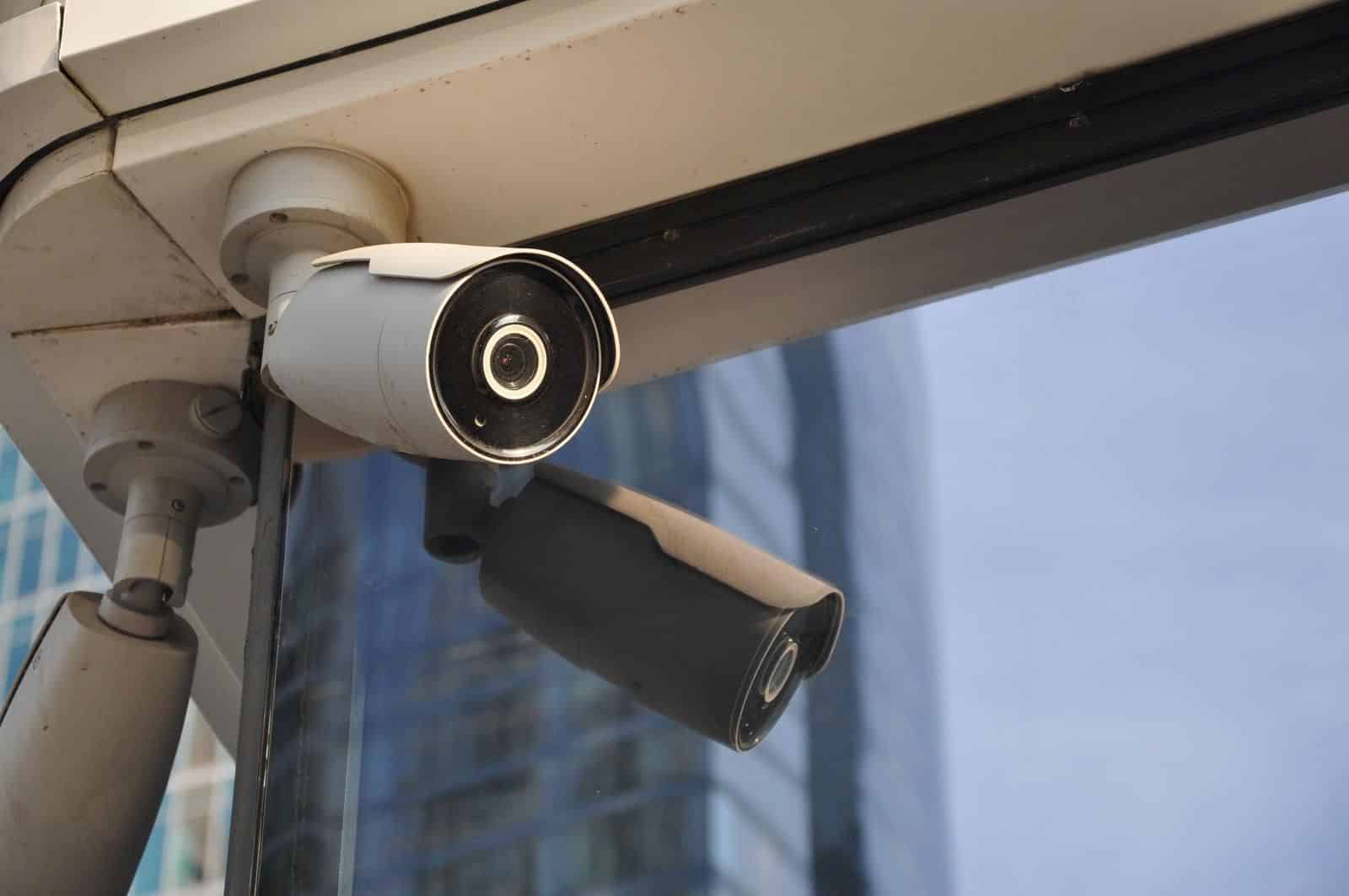Intellectual property theft costs the global economy an estimated $500 billion annually, according to the Organisation for Economic Co-operation and Development (OECD). For New Zealand businesses expanding internationally, the risks are clear: failing to protect your IP can jeopardise your competitive edge and revenue streams.
Expanding into new markets offers incredible opportunities for growth, but it also brings new risks. Safeguarding intellectual property is a critical step for ensuring your innovations, brands, and ideas are protected across borders.
This guide will provide actionable insights for New Zealand businesses to navigate the complexities of international IP protection and secure their place in the global market.
Why Protecting IP Matters for NZ Businesses
What Is Intellectual Property?
Intellectual property (IP) encompasses intangible assets like patents, trademarks, copyrights, and trade secrets. These assets represent the unique ideas, innovations, and branding that set your business apart.
The Risks of Ignoring IP Protection
Expanding internationally without protecting your IP can lead to significant consequences, such as:
- Counterfeiting: Imitators may copy your products, diluting your brand value and stealing market share.
- Infringement: Competitors could use your unprotected IP, leaving you with limited legal recourse.
- Loss of Competitive Advantage: Without IP protection, your innovations may lose their exclusivity, undermining your position in the market.
Challenges Unique to NZ Businesses
New Zealand businesses often face hurdles when entering foreign markets:
- Differing IP Laws: Each country has its own regulations for IP protection, and what works in New Zealand may not apply elsewhere.
- Limited Global Recognition: Some IP protections are not automatically recognised internationally, requiring extra steps to secure rights abroad.
- Budget Constraints: Small to medium-sized enterprises (SMEs) may find the costs of global IP protection challenging to manage.
Key Steps to Safeguard Your IP Internationally
Conduct an IP Audit Before Expansion
Before entering a new market, take stock of your existing IP assets. An audit helps identify patents, trademarks, copyrights, and trade secrets that require protection overseas. Start by listing your IP assets and determining which are most relevant to your international operations.
For example, a registered trademark in New Zealand might not automatically be recognised in your target country. Understanding these gaps allows you to take proactive measures to secure your assets.
Register Your IP in Target Countries
Every country has its own IP registration process, and understanding these systems is critical to securing your rights. Treaties like the Madrid Protocol simplify international trademark registration by allowing businesses to file in multiple countries through a single application. Similarly, the Patent Cooperation Treaty (PCT) streamlines patent protection across several jurisdictions.
Be aware that IP laws can vary widely. For instance, China operates a “first-to-file” trademark system, meaning if you don’t register first, someone else can. Researching local regulations ensures you’re covered.
Work with Local Experts
Navigating the legal nuances of another country’s IP laws can be challenging. Consulting an IP lawyer with expertise in both New Zealand and your target market is invaluable. Local experts can help interpret complex regulations, ensuring your applications are accurate and enforceable.
Having someone familiar with the region’s legal framework can also reduce the risk of costly errors or delays, setting you up for a smoother expansion.
Use Non-Disclosure Agreements (NDAs)
When sharing ideas, collaborating with partners, or entering joint ventures abroad, NDAs are your first line of defence. They establish legal protections for sensitive information and set boundaries on how your IP can be used.
Ensure that your NDAs are enforceable in the target country by consulting a local legal expert. Include clauses that specify jurisdiction, dispute resolution methods, and penalties for breaches.
Monitor and Enforce Your IP Rights
Protecting your IP doesn’t end with registration. Actively monitor its use in international markets to catch infringements early. Online tools, local IP offices, and even third-party services can help you track unauthorised use of your assets.
If you discover infringement, act quickly. Work with local legal teams to send cease-and-desist letters, negotiate settlements, or pursue litigation if necessary. Staying proactive ensures your rights remain protected.
Common IP Challenges When Expanding Internationally
Cultural and Legal Differences
Each market has its own cultural norms and legal systems, which can complicate IP enforcement. For example, some countries may not take trademark infringement as seriously as New Zealand does. Adapting to these differences requires thorough research and local guidance.
Counterfeiting and Piracy
Counterfeiting and piracy are rampant in certain regions, particularly in industries like fashion, technology, and entertainment. Proactively registering your IP and monitoring its use are key to combating these threats.
Language Barriers in IP Filings
Filing IP applications in another language can lead to misinterpretations or errors that invalidate protections. Engaging a local IP lawyer or translator ensures your filings are accurate and aligned with local requirements.
Time and Cost Factors
Registering and enforcing IP rights abroad can be a lengthy and expensive process. From filing fees to legal costs, businesses should budget carefully and plan for the long term. Prioritising your most valuable IP assets can help manage these challenges effectively.
How an IP Lawyer in NZ Can Help
Expanding your business internationally is an exciting move, but it comes with its own set of challenges, especially when it comes to protecting intellectual property. An experienced IP lawyer in New Zealand can act as your guide through this complex process, ensuring your assets are protected at every step.
Drafting and Filing International Applications
Filing for IP protection in multiple countries requires precision and understanding of international agreements like the Madrid Protocol or the Patent Cooperation Treaty (PCT). An IP lawyer ensures your applications meet all requirements, reducing the risk of rejection or delays.
Advising on Treaties and Local Regulations
Every market has its own IP rules and practices, and navigating them can be tricky. An IP lawyer provides insight into how local laws might affect your rights and suggests strategies to ensure compliance. Whether it’s navigating “first-to-file” trademark systems or understanding local patent durations, their expertise is invaluable.
Representing Businesses in Disputes or Litigation
IP disputes can escalate quickly, particularly in foreign jurisdictions. An IP lawyer acts as your advocate, whether it’s sending cease-and-desist letters, negotiating settlements, or representing you in court. Their knowledge of international and local systems keeps your business protected.
Tips for Long-Term IP Management Across Borders
Securing your intellectual property doesn’t end once you’ve registered your rights in new markets. Ongoing management is key to maintaining those protections and adapting to changing global conditions.
Regular IP Reviews
Conduct regular audits to ensure your IP remains up to date and complies with evolving laws in your target markets. This helps you address any gaps or potential risks before they become bigger issues.
Build Relationships with Local Experts
Establishing connections with legal professionals in the countries where you operate can streamline compliance and enforcement. These experts understand the nuances of their local systems and can offer invaluable insights.
Stay Updated on Global IP Trends
IP laws are constantly evolving, influenced by new technologies, trade agreements, and political developments. Keeping informed about these changes helps you stay ahead of potential challenges and seize new opportunities.
Frequently Asked Questions
What is the Madrid Protocol, and how can it benefit NZ businesses?
The Madrid Protocol is an international treaty that simplifies the process of registering trademarks in multiple countries. For New Zealand businesses, it offers a streamlined way to protect their brand globally with a single application.
How long does it take to register a trademark internationally?
The timeline can vary depending on the country and the complexity of your application, but it typically takes between 12 and 18 months. Some regions may expedite the process for an additional fee.
Can I use the same IP strategy for all countries?
No, IP strategies need to be adapted to local laws and regulations. Each country may have unique filing requirements, enforcement protocols, and protections, so a one-size-fits-all approach won’t work.
What should I do if my IP is infringed abroad?
Act swiftly by consulting an IP lawyer with expertise in the relevant jurisdiction. They can guide you through cease-and-desist actions, negotiations, or litigation, depending on the situation.
How do I choose the right IP lawyer for international expansion?
Look for a lawyer with experience in global IP matters, a strong understanding of New Zealand and foreign laws, and positive client testimonials.
Do I need to translate my IP documents for foreign registrations?
In many cases, yes. Countries with different official languages may require translations of your IP documents, such as patents or trademarks, to ensure legal compliance.
How much does it cost to protect IP in multiple countries?
Costs vary depending on the number of countries, type of IP, and the registration process. Budgeting for local fees, translations, and legal assistance is important.
Can I protect trade secrets internationally?
Yes, but the methods vary by country. Many jurisdictions rely on NDAs and confidentiality agreements, so working with an expert to create enforceable contracts is vital.
Empower Your Business with Strong IP Protection
Expanding internationally offers exciting opportunities, but protecting your intellectual property is a cornerstone of long-term success. From understanding global treaties like the Madrid Protocol to enlisting the help of an experienced IP lawyer, proactive measures can safeguard your business interests and prevent costly mistakes.
Don’t leave your IP to chance. Secure your assets, strengthen your competitive edge, and pave the way for growth in global markets. Safeguard your intellectual property and unlock global opportunities—consult an experienced IP lawyer in NZ today to start your journey.


